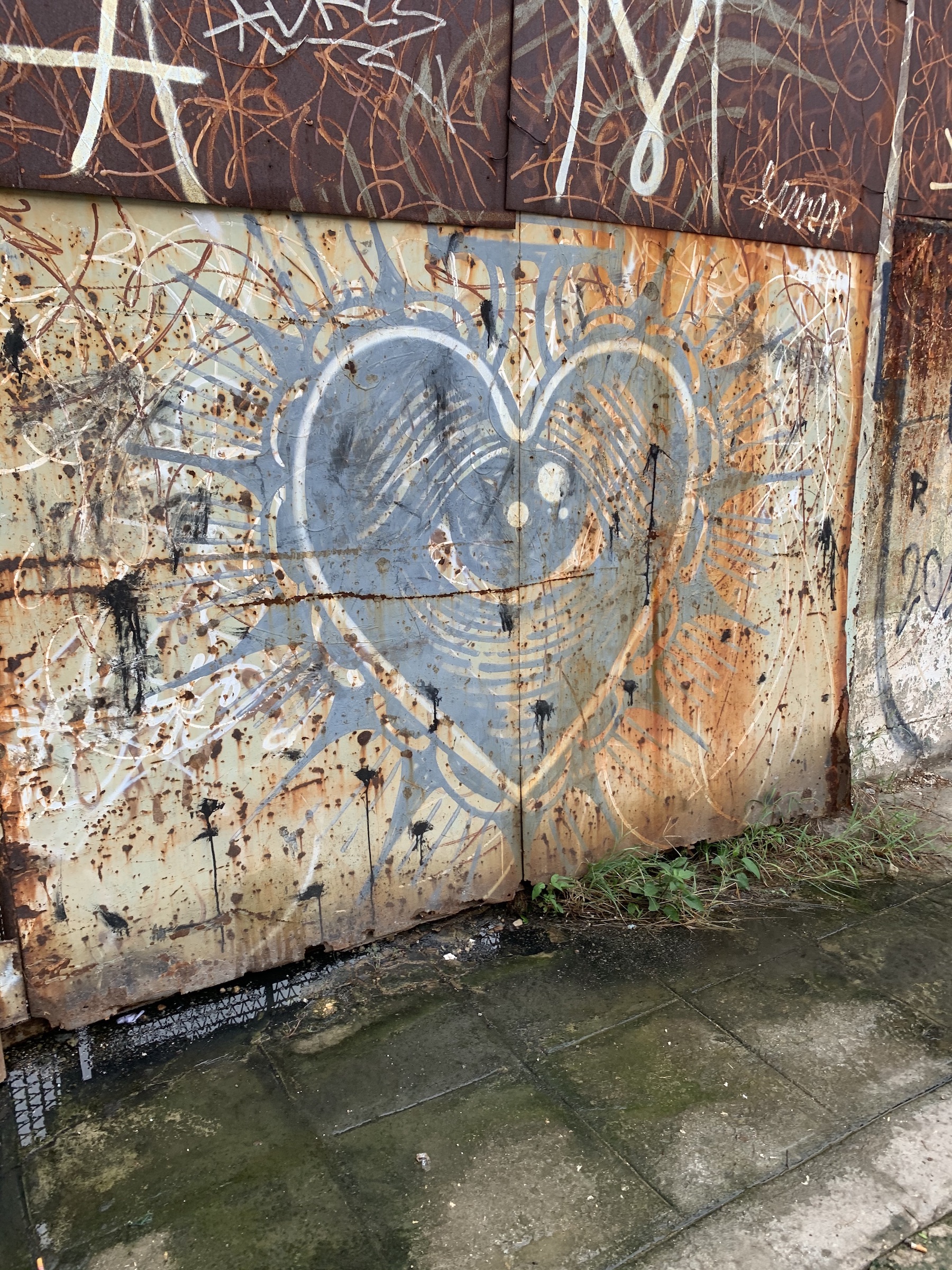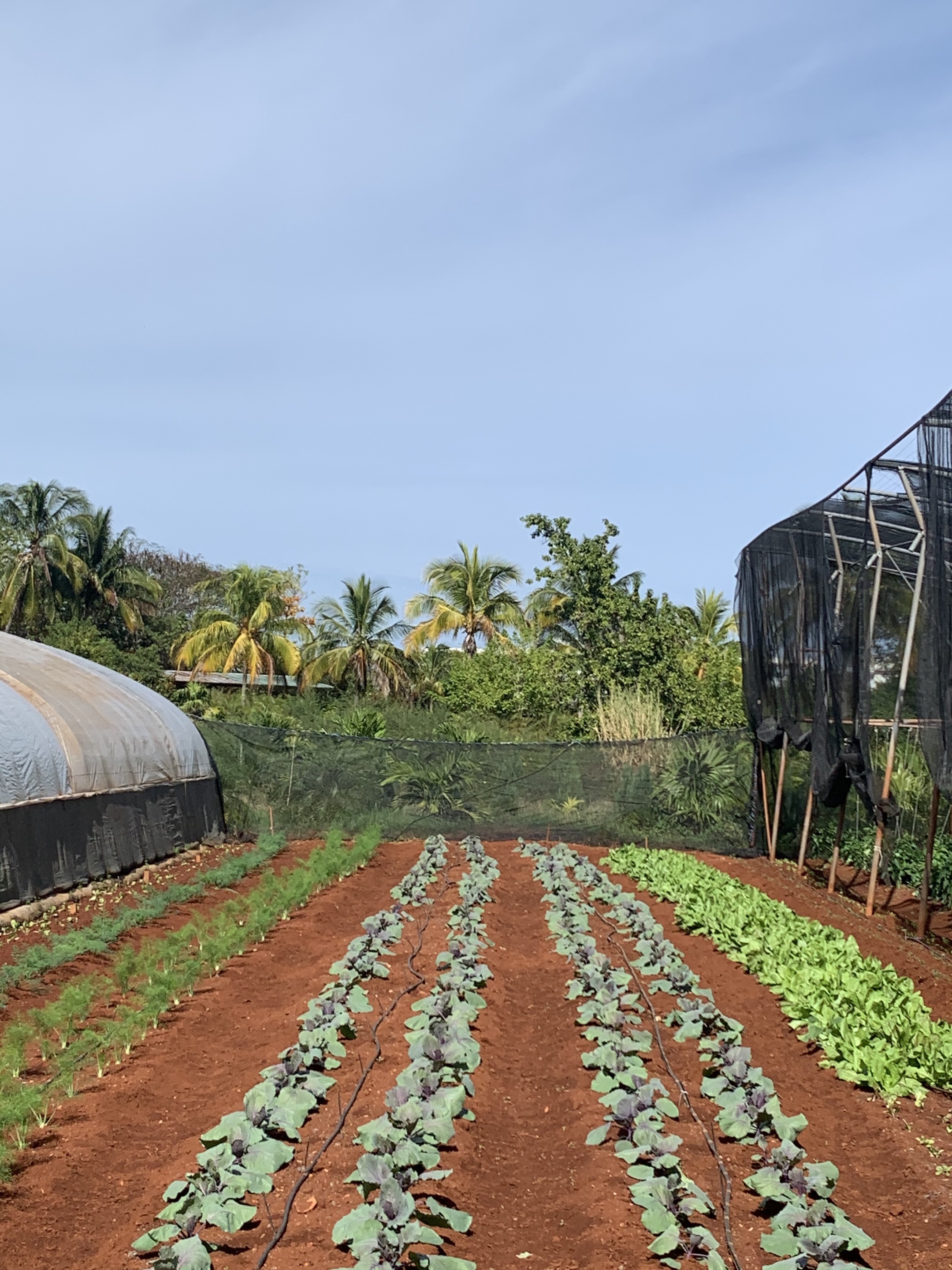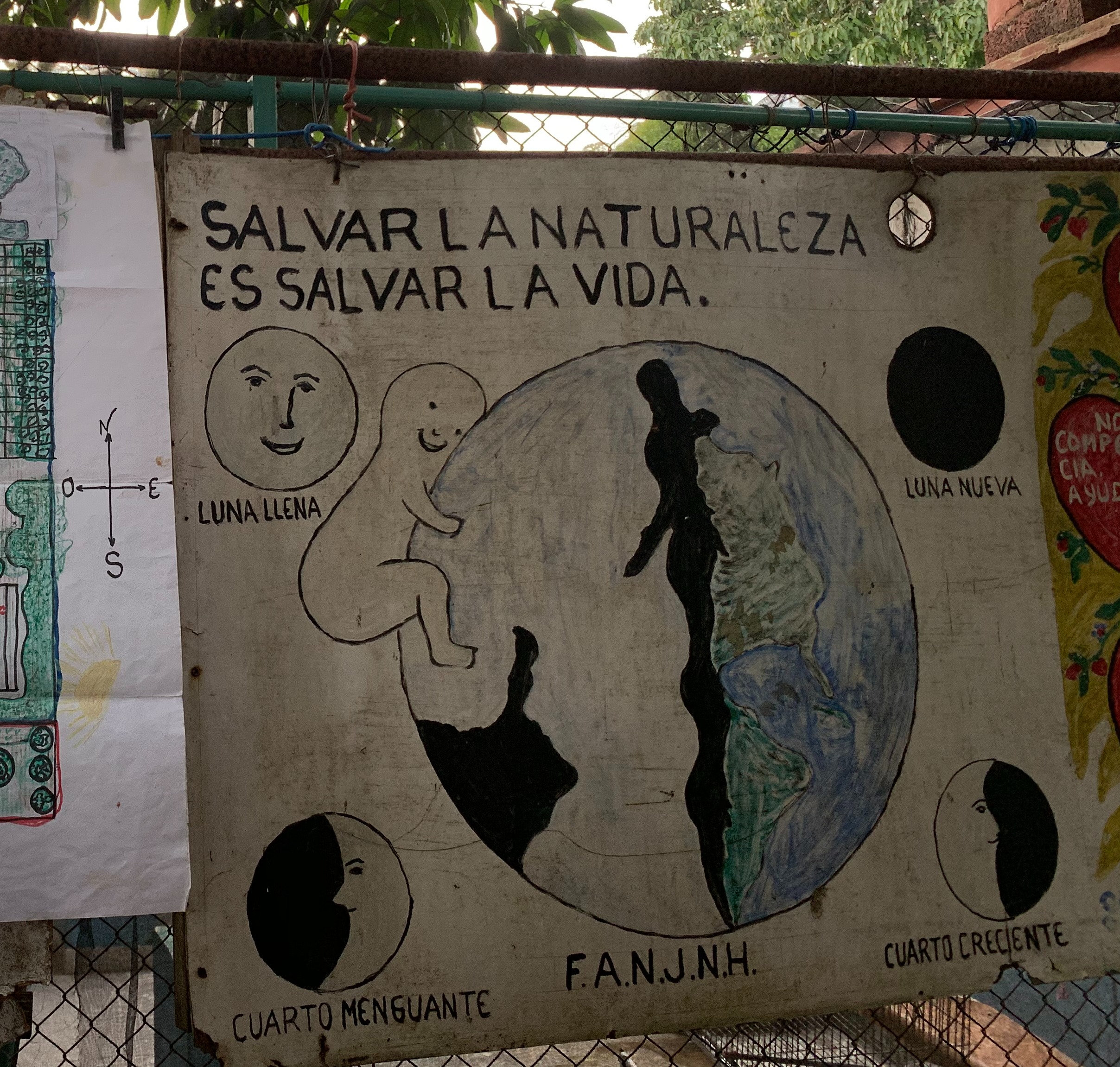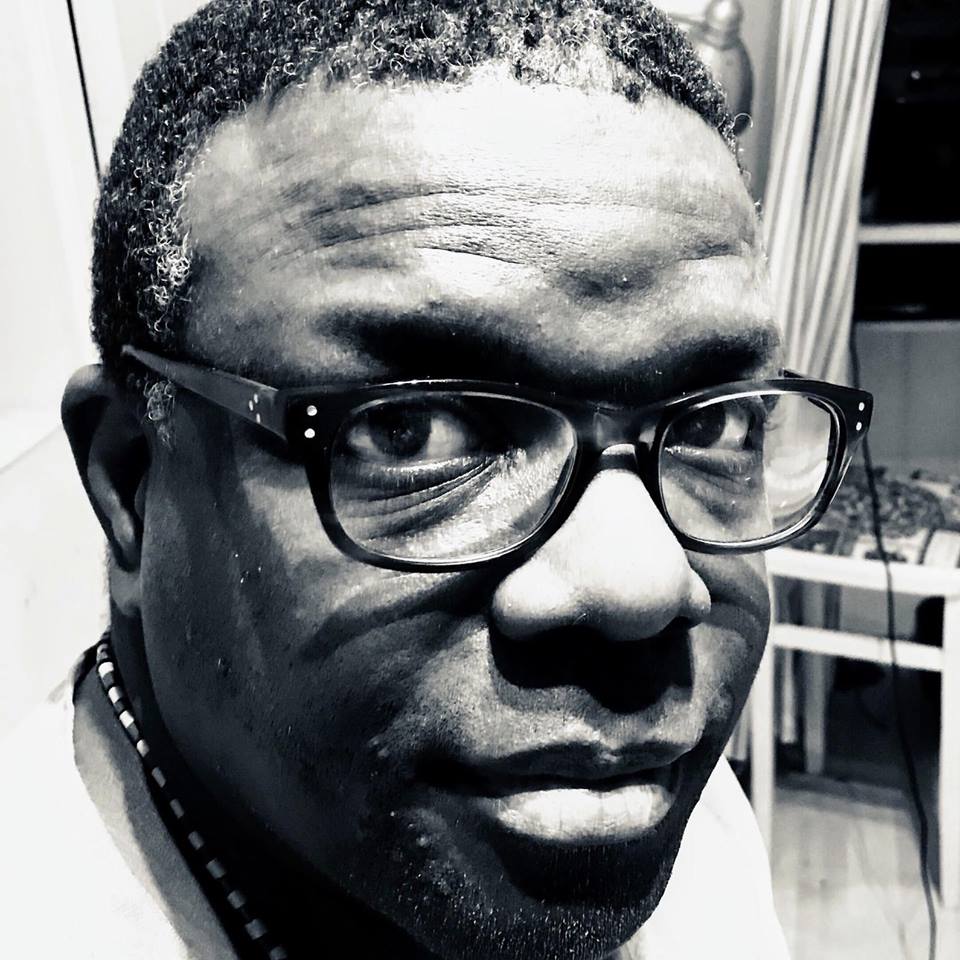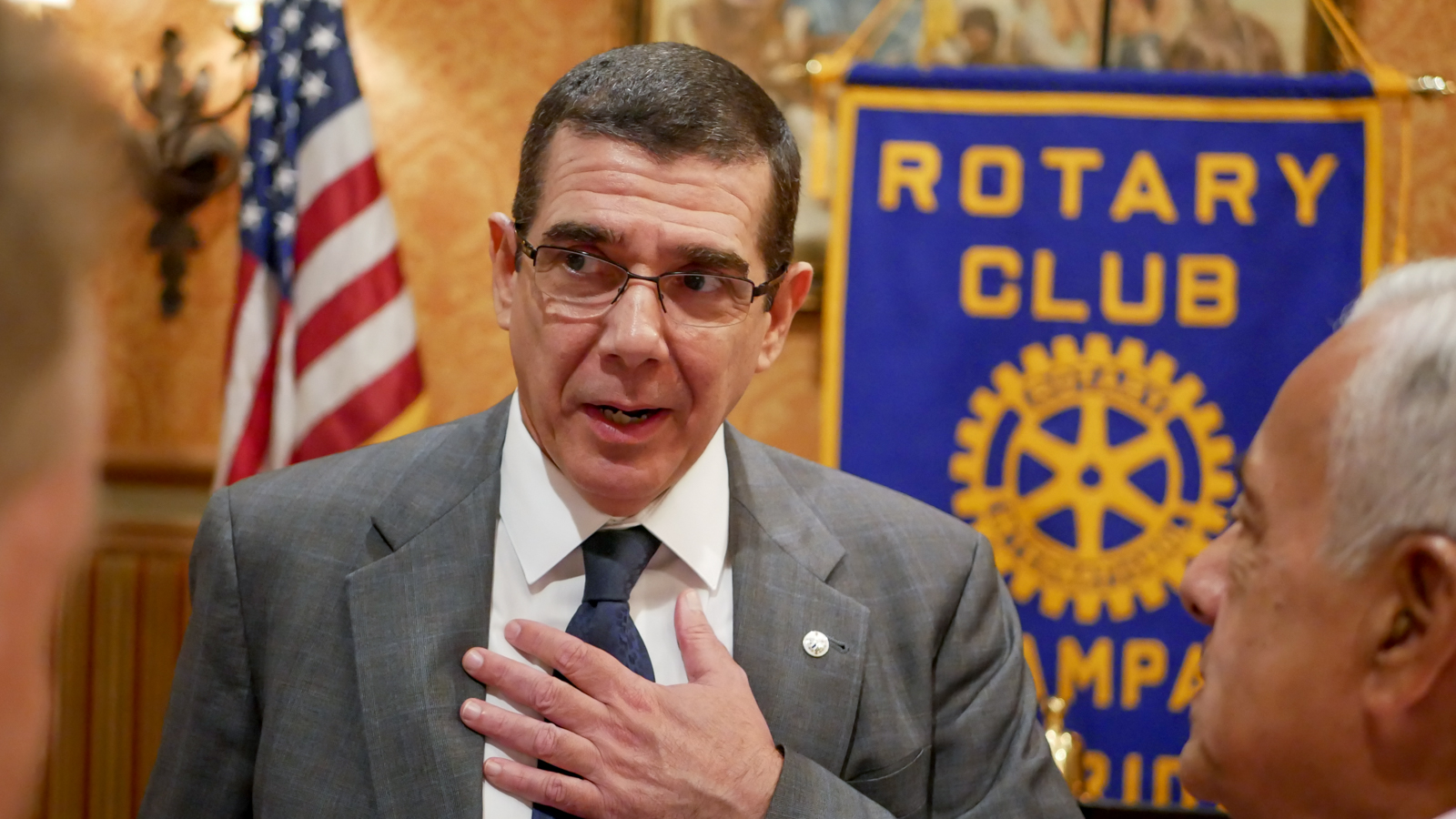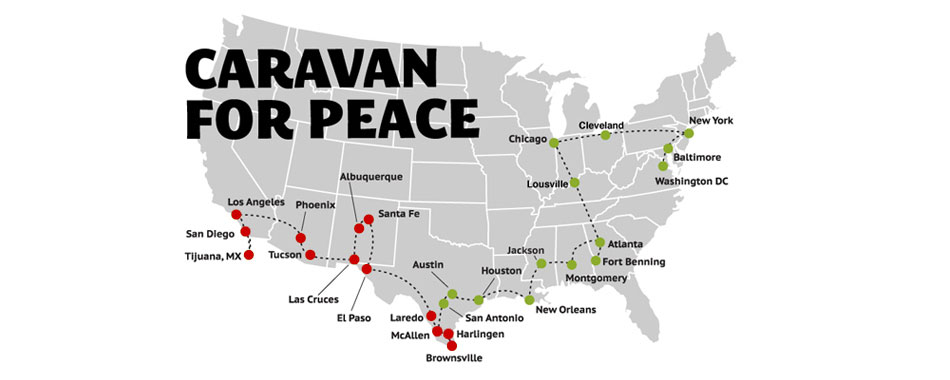Find the Resources and Recap on our last part to the Webinar Series on Daisy Hernandez’s Report Back from the “Healing Our Land, Healing Ourselves” Delegation to Cuba with the Witness for Peace Solidarity Collective in December 2019:
Find the recap on Youtube:
Support the ACTION along with this part of the series by signing onto Cuban-American Cyclist Carlos Lazo’s Petition:
https://www.change.org/p/donald-j-trump-levantar-restricciones-econ%C3%B3micas-de-estados-unidos-a-cuba-mientras-dure-el-coronavirus
And keep an eye out for updates on the Chicago City Council Resolution!
Resources to Learn More:
Family Doctors (Slide #12)
- Gorry C. Cuba’s Family Doctor-and-Nurse Teams: A Day in the Life. MEDICC Rev. 2017;19(1):6–9. https://mediccreview.org/wp-content/uploads/2018/04/mr_572.pdf
ELAM (Slide #14)
Cuba’s International Solidarity (Slide #18)
Cuba American Cyclist Carlos Lazo Action (Slide #20)
Links to the other parts to the Webinar Series:
- US-Cuba Relations, Cooperatives, and Community: https://crln.org/uscubarelationscooperativescommunity/
- Urban Economics and Agriculture: https://crln.org/urbaneconomicsandagriculture
For additional resources contact Marilyn McKenna at mmckenna@crln.org or Daisy Hernandez at dhernandez@crln.org

